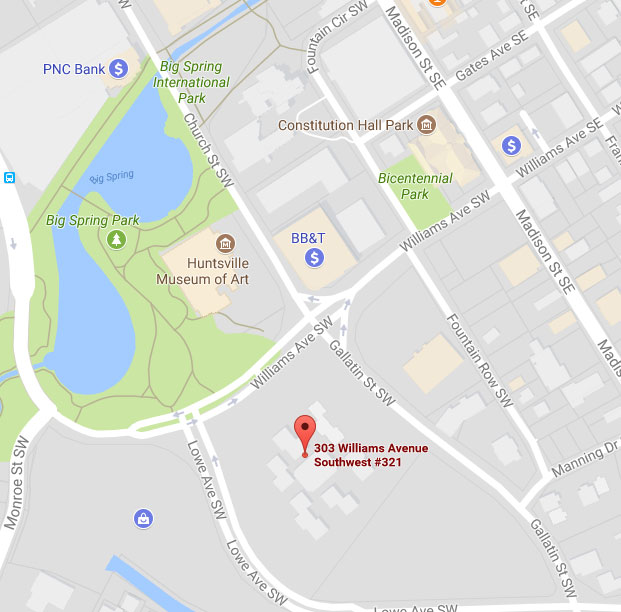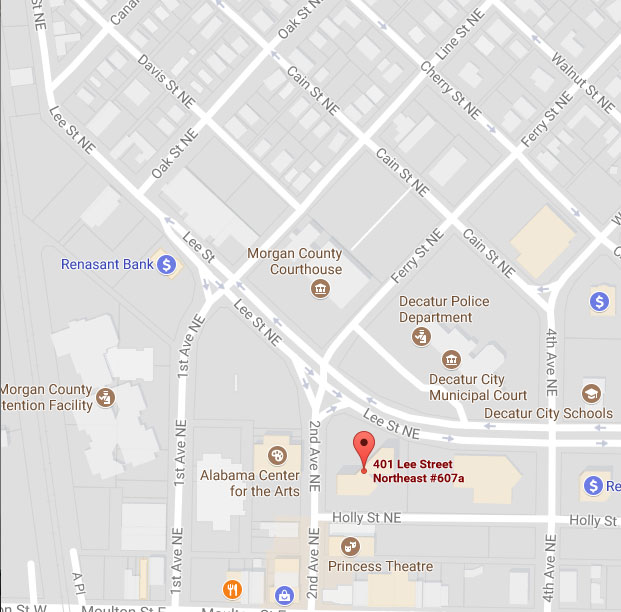NON-DISCHARGEABLE DEBTS IN BANKRUPTCY
Bankruptcy allows you to eliminate credit card debt, medical bills, repossessions, and personal loans but there are certain debts that the bankruptcy code exempts from discharge. Section 523 of the Bankruptcy lists debts that you will still be responsible for even after bankruptcy. These debts are considered non-dischargeable mainly due to public policy reasons. If you file for Chapter 7 bankruptcy you will be responsible for repaying these debts even after your bankruptcy discharge. In Chapter 13 you may either be responsible for repaying these debts after your Chapter 13 plan or you may be required to repay all of the non-dischargeable debt as part of the Chapter 13 plan if the debt is a priority debt.
Debts that are considered non-dischargeable include:
1. Taxes
2. Debt resulting from False pretenses, fraud, and false misrepresentation.
3. Debts not listed or scheduledin bankruptcy case, which did not allow creditor sufficient time to file a proof of claim.
4. Debts for fraud in a fiduciary capacity, embezzlement, or larceny
5. Child Support or Alimony
6. Fine, penalty or forfeiture that is owed to the government
7. Debt or judgment resulting the death or personal injury of a person involving the operation of a motor vehicle while intoxicated.
8. Restitution that is part of criminal sentence
9. Debt incurred to pay taxes that where not dischargeable
10. Home owner association fees that accrue after the filing of your bankruptcy case and before the home is foreclosed.
11. Debts owed to a former spouse or child as part of divorce or separation.
12. Student Loans
13. Condominium or cooperative housing fees
In some cases the creditor will be required to take some action in order for the debt not to be discharged as part of your bankruptcy. Some debts are considered generally never dischargeable as part of a bankruptcy case and other debts may qualify for discharge if they meet certain specific requirements.
What Happens to Debts That Are Not Discharged in Bankruptcy?
If your debt is not discharged as part of your bankruptcy case then you will still be legally responsible for repaying the debt to the creditor. After your bankruptcy case, you can try to work out a payment arrangement or settlement with any creditor whose debt was not discharged as part of your bankruptcy case. If you fail to take any action to resolve the non-dischargeable debt then the creditor will have a right to seek collection against you including filing a lawsuit in court, garnishment of wages, and levying against a bank account.
If the debt is not dischargeable and is a priority debt in your Chapter 13 plan, then you will be required to pay the debt in full as part of your Chapter 13 bankruptcy plan. Generally, income taxes and child support and alimony payments are considered priority debts that must be repaid in full as part of your Chapter 13 bankruptcy case.
Free Bankruptcy Consultation
If you are uncertain as to whether your debt qualifies to be discharged as part of your bankruptcy, please contact our law offices as we will review your debt to determine if it qualifies for discharge. Call now for a no obligation, free consultation with one of our Decatur or Huntsville bankruptcy attorneys. Call now 256-534-3435 or 1-800-752-1998.
Huntsville Office Location:
303 Williams Avenue SW
Suite 321
Huntsville, AL 35801
Decatur Office Location:
211 Oak Street
Decatur, AL 35601


